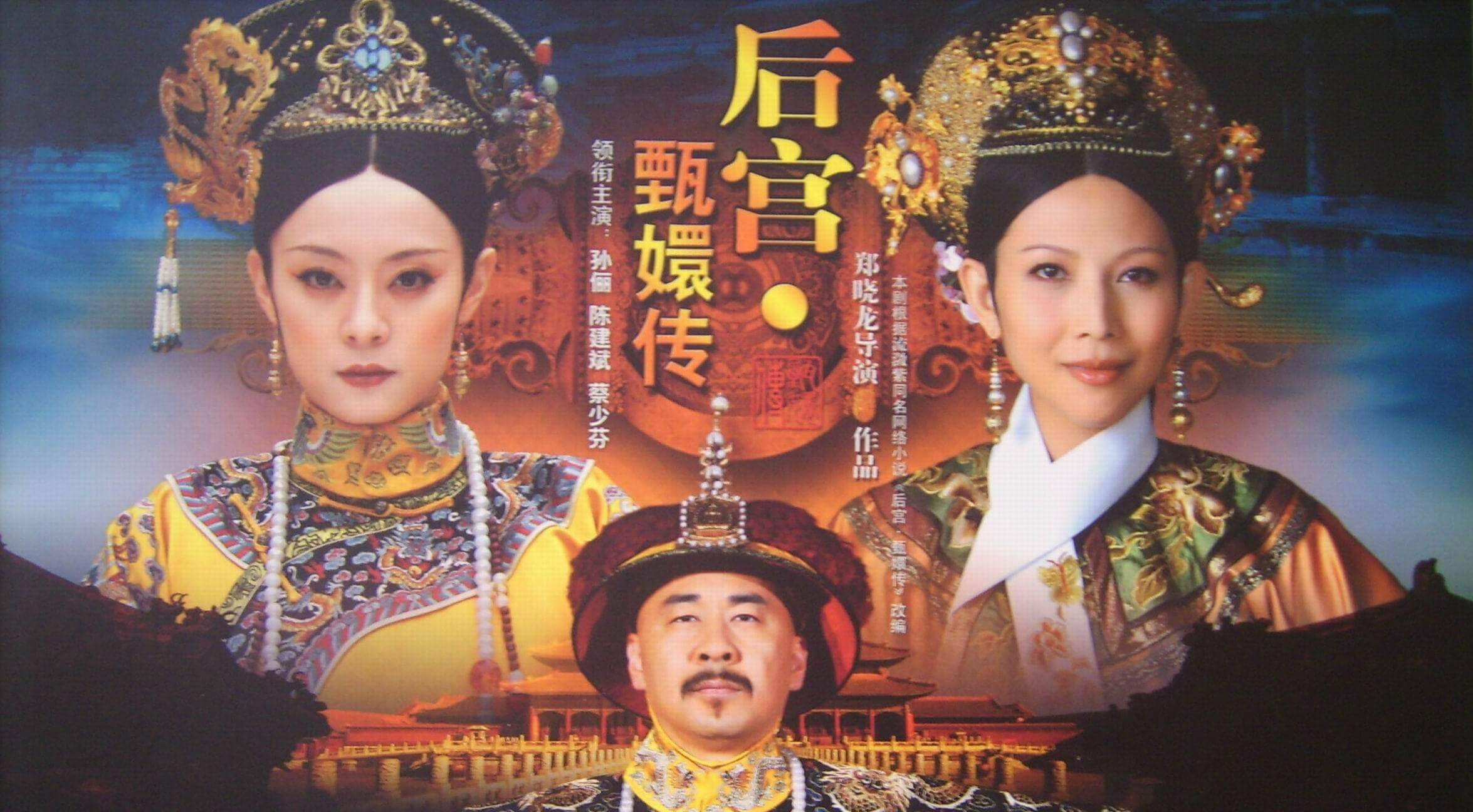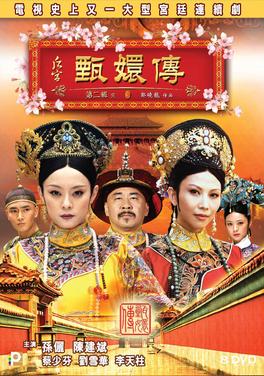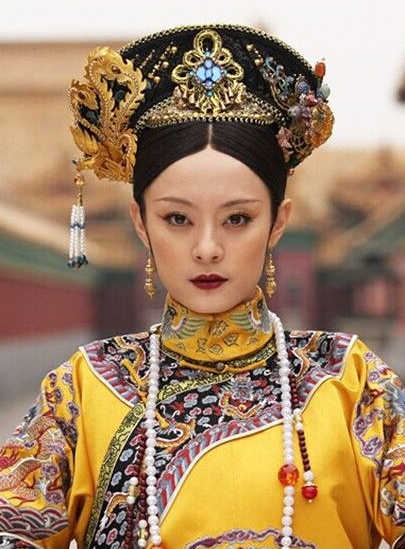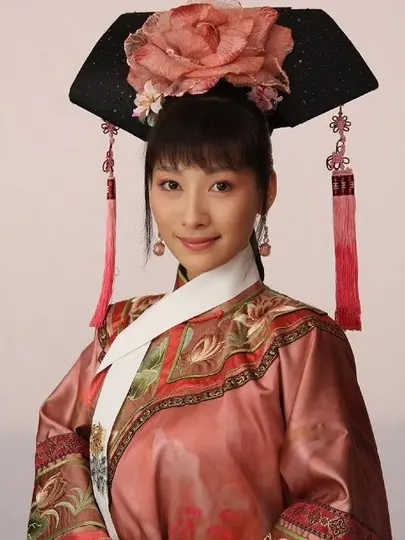
No, she didn't forgive her, but Zhen Huan finally understood An Lingrong.
Firstly, it’s important to explain that many viewers, after multiple viewings of the series, tend to sympathize with An Lingrong due to her tragic background. However, Zhen Huan, unlike the audience, does not have the omniscient perspective of a viewer. Zhen Huan's life unfolds without knowledge of An Lingrong's childhood pains, and An Lingrong never confides her feelings to Zhen Huan.
Despite Zhen Huan's intelligence, she could never figure out:
Why did An Lingrong hate her so much?
To understand this scene, we need to view it from Zhen Huan's perspective from the beginning, paying special attention to the key prop—bitter almonds.

After An Lingrong’s downfall, she sends a message via Su Peisheng to request a meeting with Zhen Huan. Zhen Huan, at that time, is reciting scriptures in front of the Buddha, with fox-tail lilies on the altar, the same flowers whose pollen she used to bring down An Lingrong, marking the end of their years-long conflict.
However, this end does not answer the question in Zhen Huan's heart. She decides to meet An Lingrong, hoping to ask her in person.
The Core Question: Why?
Their conversation is long and detailed but can be broken down into four parts:
An Lingrong recounts her traumatic childhood.
An Lingrong questions Zhen Huan about their sisterhood.
An Lingrong finally reveals her true hatred towards Zhen Huan.
An Lingrong subtly expresses her apology to Zhen Huan.
An Lingrong eats bitter almonds three times during the conversation, each marking a significant point.
Part 1: An Lingrong's Childhood
An Lingrong’s mother was a top-tier embroiderer who went blind from overwork, dedicating herself to An’s father, who eventually discarded her. An Lingrong witnessed this and developed a twisted Stockholm syndrome, striving to rise in status to support her useless father.
This is the only time An Lingrong opens up to Zhen Huan about her childhood.
While many viewers empathize with An Lingrong’s tragic past, Zhen Huan remains unmoved because she had tried to help An Lingrong:
Zhen Huan provided An Lingrong with clothes and fabric when she faced discrimination due to her background.
Zhen Huan accompanied An Lingrong when Huan Fei humiliated her.
Zhen Huan defended An Lingrong against the empress’s schemes.
Zhen Huan assigned her maid Jiqing to support An Lingrong.
From Zhen Huan's perspective, she did everything she could for An Lingrong. However, An Lingrong felt that Zhen Huan only addressed her material needs, not her psychological issues.
Part 2: Questioning Sisterhood
An Lingrong questions whether they were ever truly sisters, asserting that their differing statuses predetermined their positions. She believes Zhen Huan only used her for her own gain.
Zhen Huan counters by pointing out that they needed to unite against their common enemies like Huan Fei. She asks if An Lingrong never wanted favor and success herself, highlighting An Lingrong’s ambition.
Part 3: True Hatred Revealed
Finally, An Lingrong admits her true feelings: she was jealous of Zhen Huan. She hated Zhen Huan because she had everything An Lingrong lacked. This admission brings Zhen Huan to the realization she sought.
Part 4: Subtle Apology
An Lingrong cuts her embroidery with a pair of scissors, symbolizing her final break from Zhen Huan. She indirectly apologizes by revealing crucial information that helps Zhen Huan later defeat the empress.
In the end, Zhen Huan's reaction is "算了" (let it go). This doesn’t mean she forgives An Lingrong; it means she no longer wants to dwell on it. The years of conflict and the deaths of many because of An Lingrong can’t be undone. Zhen Huan can't forgive on behalf of those who suffered, nor can she continue to hate An Lingrong.
From An Lingrong's perspective, she finally feels guilt towards Zhen Huan, especially after her own miscarriage. Her attempt to make amends in her final moments signifies her understanding and regret.
In conclusion, both women, after years of conflict, finally understand each other’s true nature at the end of their lives.


